Home>Garden Essentials>How Long Does Squash Take To Germinate
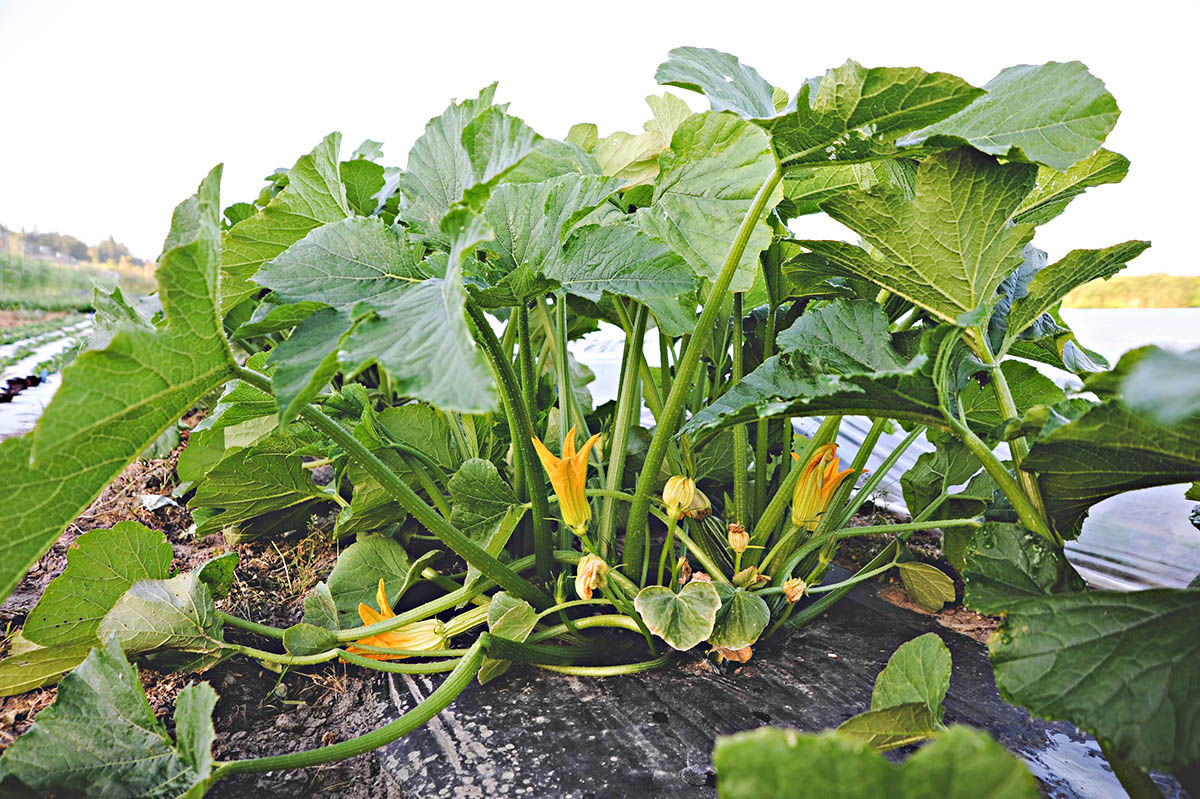

Garden Essentials
How Long Does Squash Take To Germinate
Modified: April 22, 2024
Learn how long it takes for squash seeds to germinate in your garden and start growing delicious homegrown produce. Discover the optimal conditions for successful squash germination.
(Many of the links in this article redirect to a specific reviewed product. Your purchase of these products through affiliate links helps to generate commission for Storables.com, at no extra cost. Learn more)
Introduction
Welcome to the world of gardening, where the seeds of inspiration are sown and the fruits of labor are reaped. If you’re a garden enthusiast, you know that the journey begins with germination – the crucial stage when a seed sprouts and transforms into a vibrant plant. In this article, we will explore the fascinating process of squash germination. Discover how long it takes for squash seeds to germinate, the factors influencing germination, and the essential conditions for a successful outcome.
Squash is a versatile and delicious vegetable that comes in various shapes and sizes, from butternut and acorn squash to zucchini and spaghetti squash. Whether you’re a fan of savory pumpkin soup or enjoy grilling zucchini on the BBQ, growing your own squash plants can be a rewarding experience. However, before you can enjoy the bountiful harvest, it’s crucial to understand the germination process.
Germination is the stage when a seed awakens from its dormant state and begins to establish roots and develop into a seedling. During this process, the seed absorbs water, activates its biochemical processes, and initiates cellular growth. On average, squash seeds take around 5 to 10 days to germinate, but this timeframe can vary depending on several factors.
Key Takeaways:
- Squash seeds typically take 5 to 10 days to germinate, but factors like temperature, moisture, and soil quality can influence the process. Providing optimal conditions and care can lead to successful germination.
- Different squash varieties have unique germination times, ranging from 4 to 14 days. Understanding these timelines and following specific planting instructions can help gardeners plan and manage their squash crops effectively.
Factors Affecting Squash Germination
Several factors can influence the germination of squash seeds. Understanding these factors will help you create optimal conditions for successful germination and increase the chances of a healthy and productive squash harvest. Let’s take a closer look at the key factors:
- Temperature: Squash seeds require warm temperatures to germinate. The ideal range is between 75°F and 85°F (24°C and 29°C). Temperatures below 60°F (15°C) can significantly delay germination or even prevent it altogether.
- Moisture: Adequate moisture is essential for seed germination. During the germination process, the seed absorbs moisture, which activates enzymes responsible for growth. Ensure that the soil remains consistently moist, but not waterlogged, to facilitate successful germination.
- Soil Quality: The quality of the soil plays a vital role in squash germination. Soil that is well-draining and rich in organic matter provides a favorable environment for seeds to sprout. Mix compost or aged manure into the soil before planting to improve its texture and nutrient content.
- Light: While squash seeds require warmth to germinate, they do not need direct sunlight during this stage. In fact, too much sunlight can dry out the soil and hinder germination. Once the seedlings emerge, they will require adequate sunlight to continue their growth.
- Seed Quality: The quality and viability of the seeds also affect germination. Ensure that you purchase high-quality seeds from reputable sources. Check the expiry date and look for any signs of damage or deterioration before planting.
By paying attention to these factors and making necessary adjustments, you can significantly improve the chances of successful squash germination. Next, let’s explore the ideal conditions required to facilitate the germination process.
Ideal Conditions for Squash Germination
To ensure optimal germination, it’s essential to create the ideal conditions for your squash seeds. By providing the right environment, you can enhance the germination rate and set your seedlings up for healthy growth. Here are the key elements for creating ideal conditions:
- Temperature: As mentioned earlier, squash seeds thrive in warm temperatures. Aim for a temperature range of 75°F to 85°F (24°C to 29°C) for successful germination. You can use a seedling heat mat to provide consistent warmth or choose a sunny spot in your garden with adequate heat.
- Moisture: Squash seeds require proper moisture levels for germination. Ensure that the soil is evenly moist but not waterlogged. Overwatering can lead to rot and hinder germination. Water the seeds gently and provide regular moisture throughout the germination process.
- Soil Preparation: Prepare the soil before planting by removing any debris, rocks, or weeds. Loosen the soil to improve drainage and create a loose, crumbly texture. Incorporate organic matter such as compost or well-rotted manure to enrich the soil and provide essential nutrients for seedling growth.
- Planting Depth: Squash seeds should be planted at a depth of around 1 inch (2.5 cm) in the soil. This depth provides the seeds with the sufficient space to anchor themselves and allows the emerging seedlings to break through the surface easily.
- Watering: The seeds should be watered gently after planting to initiate moisture absorption. Maintain moist soil throughout the germination process, but avoid excessive watering that can lead to waterlogging. Regularly check the moisture level and adjust your watering accordingly.
- Protection: Protecting the seeds from pests and extreme weather conditions is crucial for successful germination. Consider using row covers or netting to safeguard the seeds from pests like birds or rodents. If temperatures drop below the recommended range, use plastic or glass covers to create a mini greenhouse effect around the planted seeds.
By creating these ideal conditions, you can give your squash seeds the best possible start in their journey towards becoming healthy, robust plants. Next, let’s explore the germination times for different types of squash varieties.
Different Squash Varieties and Germination Times
Squash comes in a variety of shapes, sizes, and flavors, each with its own unique germination time. Understanding the different germination times for various squash varieties will help you plan your planting schedule and manage your garden efficiently. Let’s take a look at some common squash varieties and their approximate germination times:
- Zucchini: Zucchini is a popular summer squash variety known for its prolific production. Zucchini seeds typically germinate within 4 to 7 days under optimal conditions. These fast-germinating seeds make zucchini an ideal choice for gardeners who are eager to see quick results.
- Butternut Squash: Butternut squash is a winter variety that is well-loved for its sweet flavor and creamy texture. The germination time for butternut squash seeds ranges from 5 to 10 days. Keep in mind that winter squash varieties typically take a little longer to germinate than their summer counterparts.
- Acorn Squash: Acorn squash is another winter variety with a distinct acorn-like shape and slightly sweet flavor. Acorn squash seeds usually take around 7 to 14 days to germinate. Patience is key when growing acorn squash, as they have a slightly longer germination period.
- Spaghetti Squash: Spaghetti squash is a unique variety known for its stringy flesh that resembles spaghetti when cooked. The germination time for spaghetti squash seeds is similar to that of zucchini, ranging from 4 to 7 days. Like zucchini, spaghetti squash is a quick grower.
- Pumpkin: Pumpkins are iconic symbols of fall and are cherished for their versatility in both culinary and decorative uses. Pumpkin seeds typically take around 7 to 14 days to germinate. Keep in mind that larger pumpkin varieties may take slightly longer to sprout.
Please note that these germination times are approximations and can vary depending on various factors such as temperature, soil moisture, and seed quality. It’s always a good idea to refer to the specific instructions provided on the seed packet for more accurate information.
Now that we have explored the germination times for different squash varieties, let’s dive into the fascinating process of squash seed germination.
Squash seeds typically germinate in 5-10 days when soil temperature is around 70-95°F. Keep soil consistently moist for best results.
Germination Process of Squash Seeds
The germination process of squash seeds is a remarkable journey from dormancy to life. Understanding the stages involved in germination can provide valuable insight into how to nurture and care for your squash seeds. Here’s a breakdown of the germination process:
- Seed Imbibition: The germination process begins when a squash seed absorbs water through its seed coat. This triggers a biochemical reaction that activates enzymes and metabolic activities within the seed.
- Radicle Emergence: Once the seed has absorbed enough water, a small root known as the radicle begins to emerge. The radicle anchors the seedling into the soil and begins to absorb water and nutrients for growth.
- Cotyledon Development: As the root establishes itself, the cotyledons, or seed leaves, start to expand and unfold. These initial leaves provide energy and nutrients to the growing seedling until true leaves develop.
- True Leaf Development: After the cotyledons, the true leaves start to emerge. These leaves are the characteristic leaves of the squash plant and play a vital role in photosynthesis, producing energy for the plant’s growth and development.
- Establishment and Growth: With the roots firmly in place and leaves growing, the seedling establishes itself in the soil. It starts to build a strong foundation, absorbing nutrients from the soil and utilizing sunlight to fuel its growth.
- Continued Development: As the seedling grows, it develops a stronger root system and more leaves. It goes through various growth stages, producing vines, flowers, and ultimately, the fruit (the squash) that we eagerly anticipate.
Throughout the germination process, it’s essential to provide the optimal conditions we discussed earlier—proper temperature, moisture, and soil quality—to support the seedling’s growth. By caring for the emerging seedling and ensuring it has access to the necessary resources, you can promote healthy growth and maximize the potential of your squash plants.
Now that we understand the germination process, let’s explore some practical tips to help you achieve successful squash germination.
Read more: How Long Does It Take Turnips To Germinate
Tips for Successful Squash Germination
Germinating squash seeds can be a rewarding but delicate process. To increase the chances of successful germination and give your seedlings a strong start, consider the following tips:
- Choose High-Quality Seeds: Start with high-quality squash seeds from a reputable source. Fresh, viable seeds have a higher chance of germination success.
- Follow the Seed Packet Instructions: Read and follow the recommended planting instructions provided on the seed packet. These instructions offer valuable insights into the specific requirements for each squash variety.
- Provide Optimal Temperature: Maintain a warm and consistent temperature for your squash seeds. Use heat mats or choose a sunny location in your garden that receives ample sunlight to promote germination.
- Keep Soil Moist: Ensure the soil remains consistently moist, but avoid overwatering, as it can lead to rot and hinder germination. Use a spray bottle or gentle watering techniques to keep the soil evenly moist.
- Thin Seedlings: Once the seedlings emerge, thin them out to provide adequate space for growth. Crowded seedlings can compete for resources and hinder their development.
- Protect from Pests: Shield your seedlings from pests like birds, slugs, and snails by using protective covers, netting, or organic pest control methods. Pests can damage or destroy young seedlings.
- Transplant Carefully: If you plan to transplant your squash seedlings, do it with care. Handle them gently, minimizing disturbance to the roots, and ensure they are adequately hardened off before moving them outdoors.
- Monitor for Diseases: Keep an eye out for any signs of diseases such as powdery mildew or fungal infections. Promptly address any issues to prevent them from spreading and affecting your seedlings’ health.
- Provide Ample Sunlight: Once your seedlings have developed, make sure they receive at least 6 to 8 hours of sunlight per day. Adequate sunlight is crucial for their growth and development.
- Stay Patient: Remember that germination and growth take time. Be patient and allow nature to take its course. Sometimes, seeds may take a bit longer to germinate, but with proper care, they will eventually sprout.
By following these tips, you can increase the chances of successful squash germination and set your seedlings up for healthy growth. Remember to adapt your approach based on the specific requirements of your chosen squash variety.
Now that you’re equipped with valuable knowledge and tips for successful squash germination, it’s time to get your hands dirty and start your gardening journey. Enjoy the process and anticipate the delightful bounties that await you as your squash seeds transform into thriving plants.
Happy gardening!
Conclusion
Congratulations! You have now gained a deeper understanding of the fascinating world of squash germination. From the factors that influence germination to the ideal conditions required for success, you are equipped with the knowledge to kickstart your squash-growing journey with confidence.
Remember that temperature, moisture, soil quality, and seed viability are crucial elements in promoting successful germination. By providing the right environment and following the proper techniques, you can ensure that your squash seeds sprout into healthy seedlings and, eventually, productive plants.
Be patient and attentive throughout the germination process. Regularly monitor the soil moisture, protect the seeds from pests, and provide adequate sunlight as the seedlings grow. By adopting these practices, you can maximize the potential of your squash plants and enjoy a bountiful harvest.
Don’t forget to check the specific germination times for the squash varieties you are growing. Each type of squash has its unique timeline, so plan your gardening schedule accordingly.
Most importantly, embrace the joy of gardening and the satisfaction of seeing your squash plants thrive from tiny seeds to abundant producers. Whether you’re cultivating zucchini, butternut squash, or any other variety, the experience of growing your own food is truly rewarding.
So, prepare your soil, sow your seeds, and watch as nature unfolds its magic before your eyes. With patience, care, and a little bit of luck, you’ll soon be enjoying the delicious flavors and textures of freshly harvested squash straight from your garden.
Happy gardening and may your squash germination be fruitful and successful!
Frequently Asked Questions about How Long Does Squash Take To Germinate
Was this page helpful?
At Storables.com, we guarantee accurate and reliable information. Our content, validated by Expert Board Contributors, is crafted following stringent Editorial Policies. We're committed to providing you with well-researched, expert-backed insights for all your informational needs.

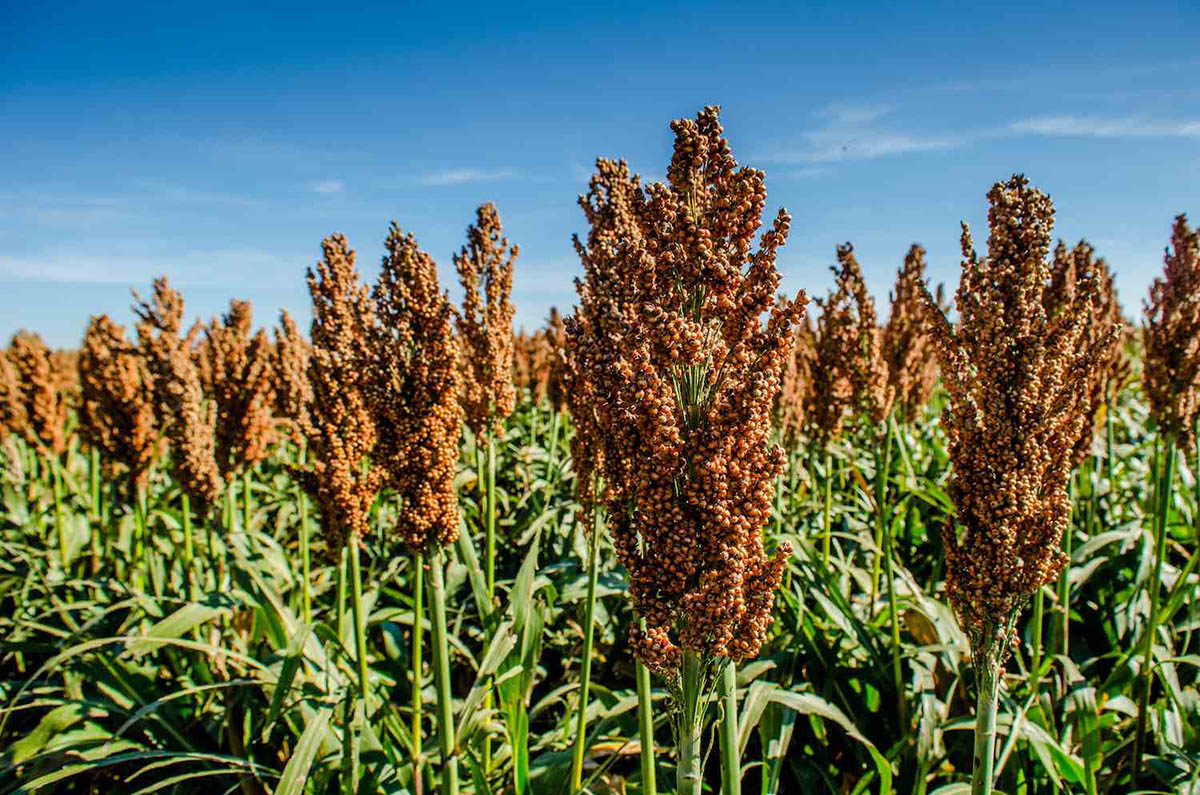


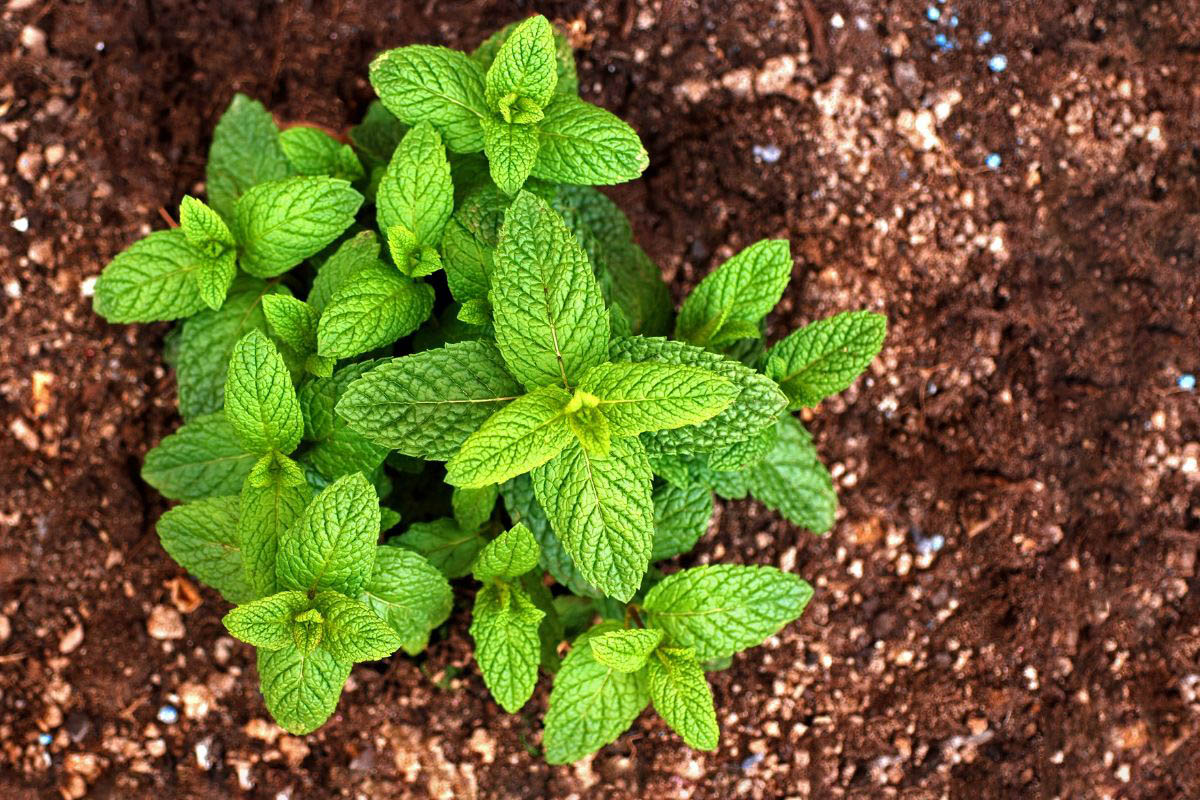
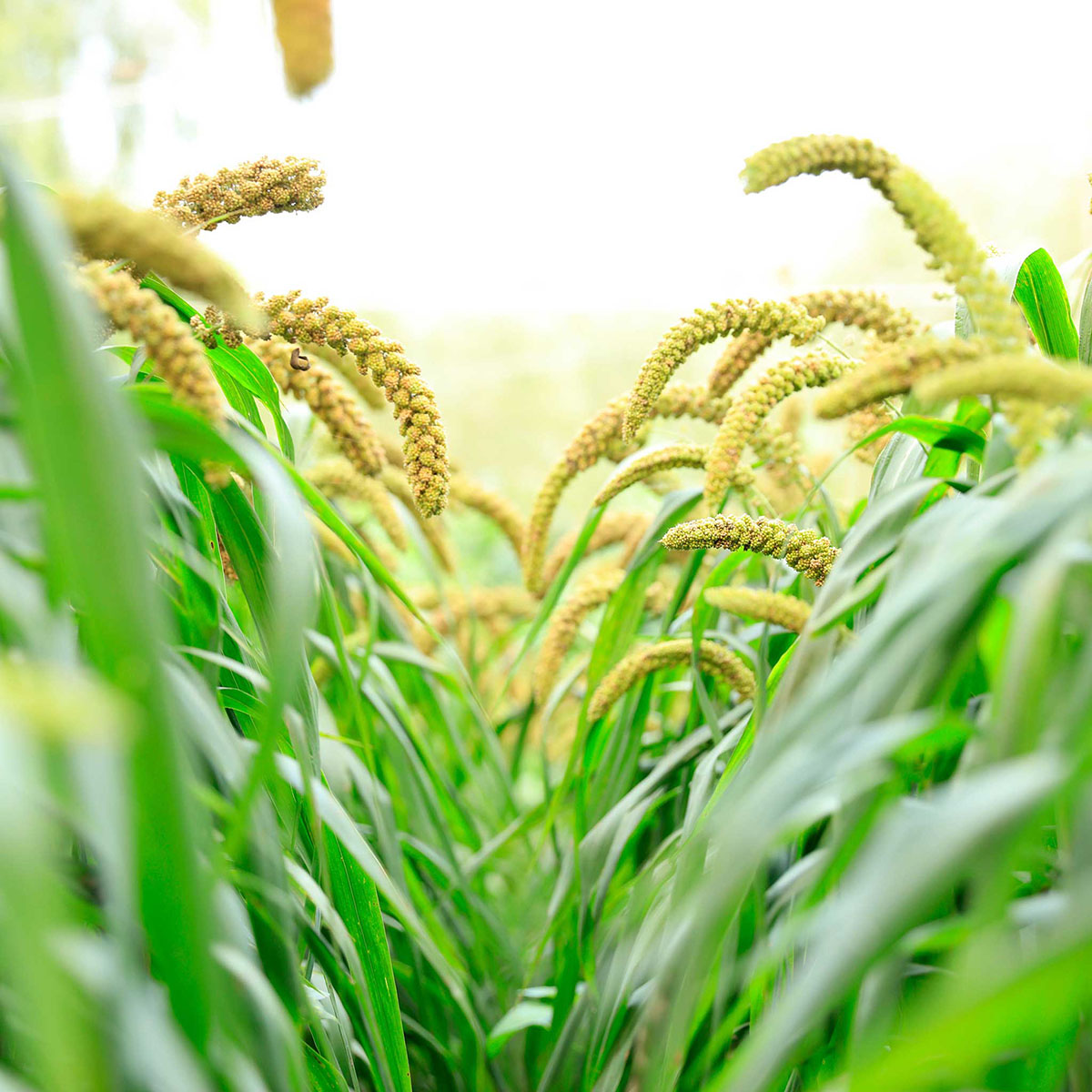

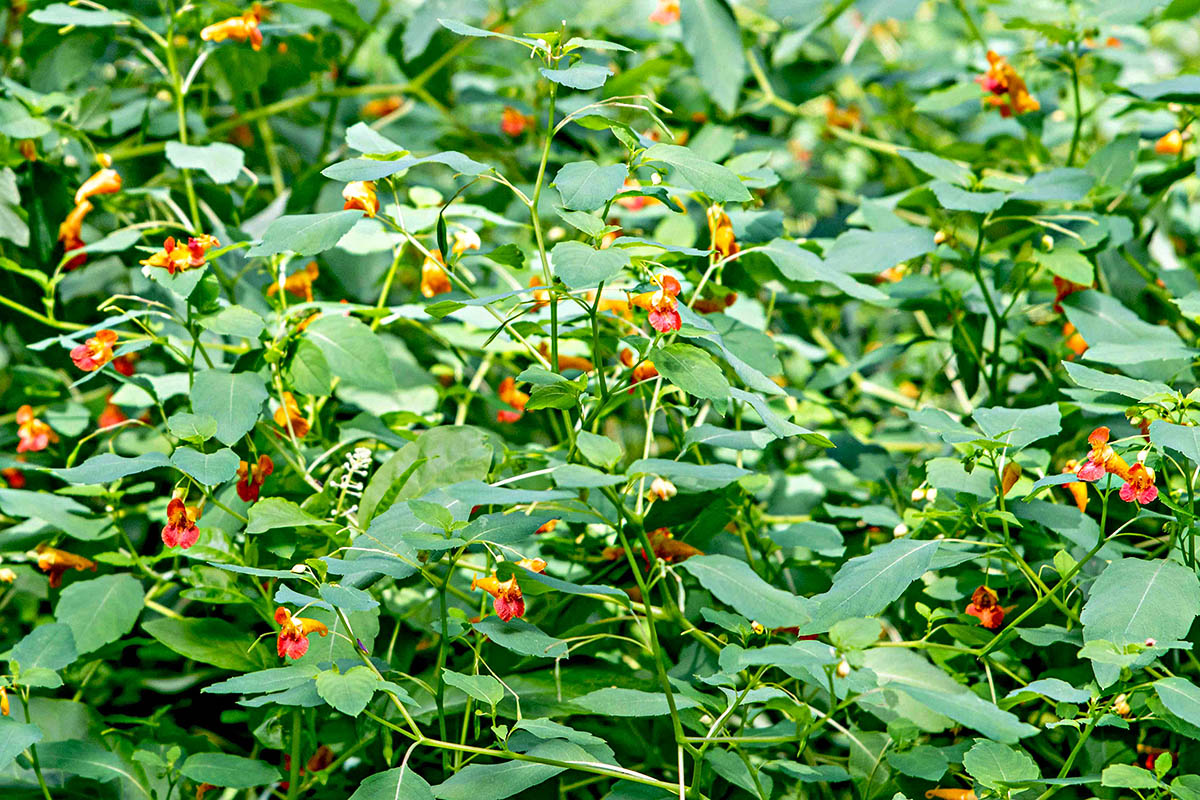
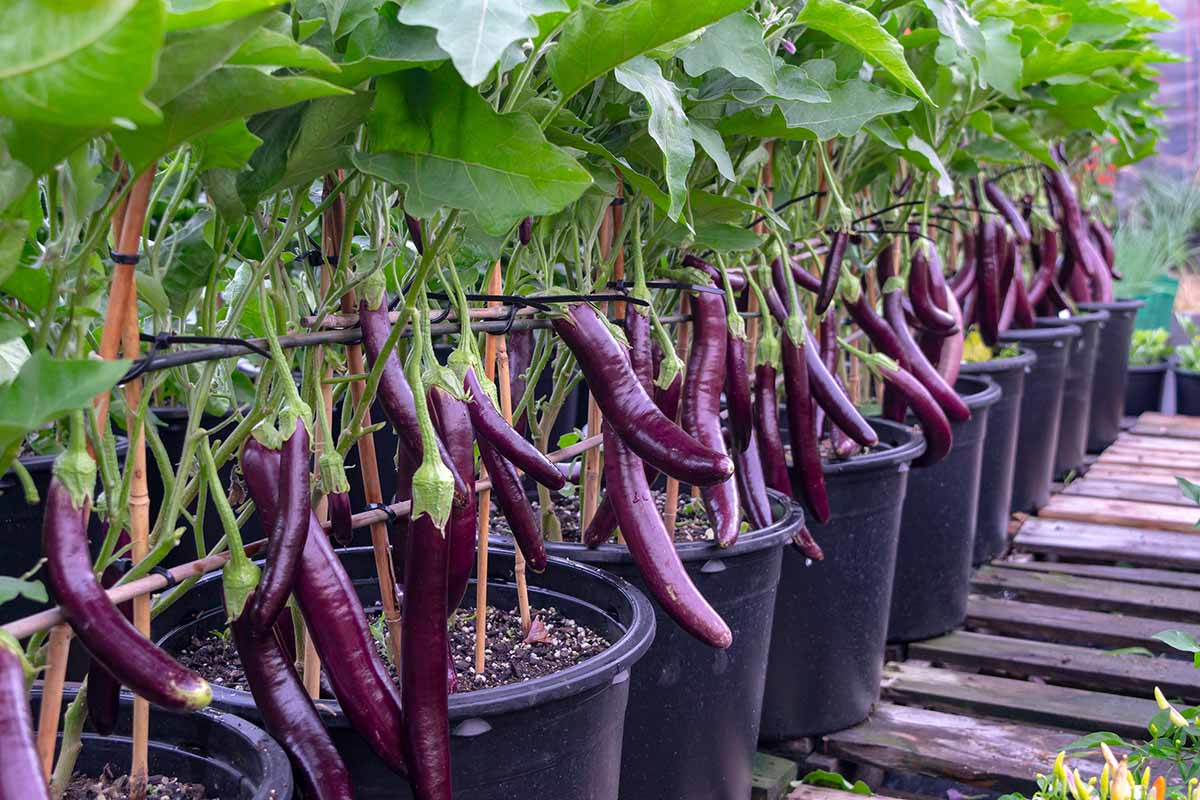
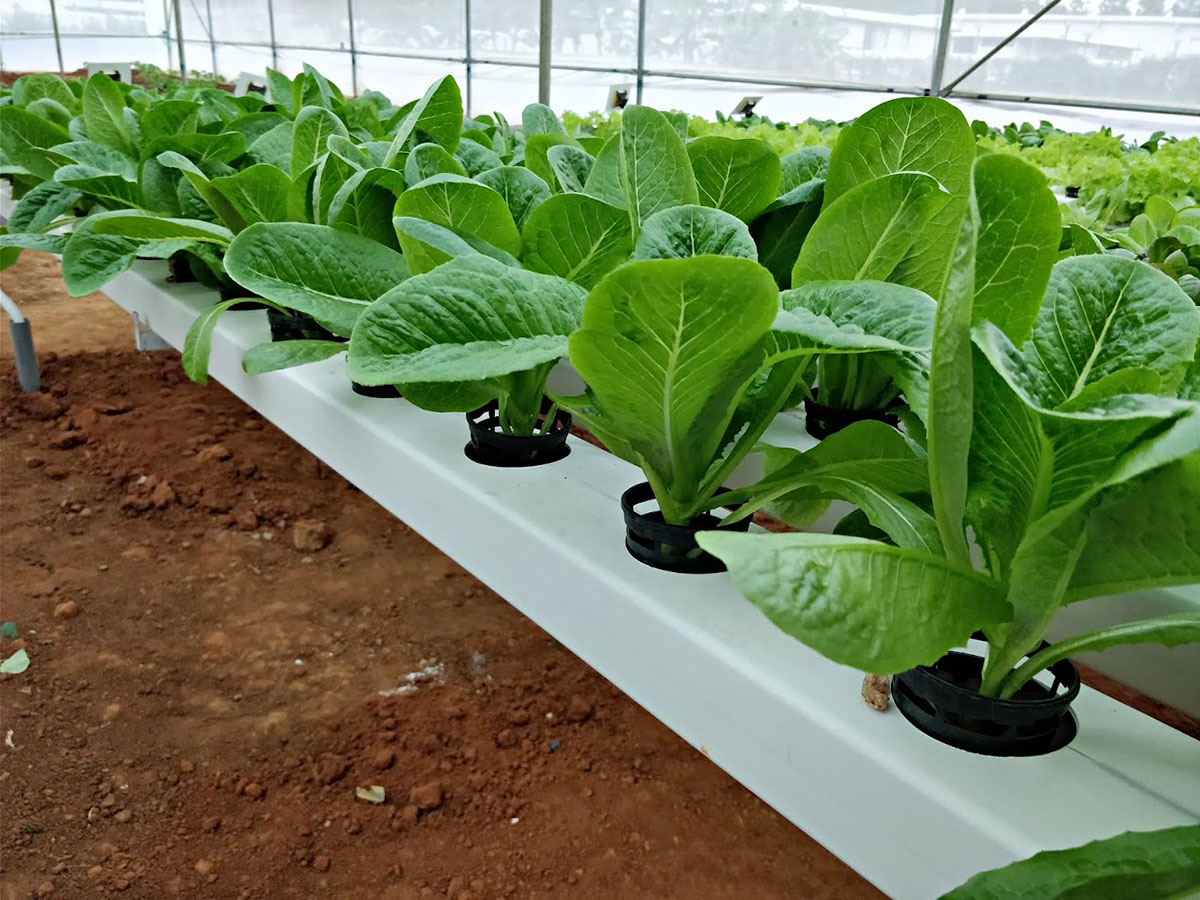
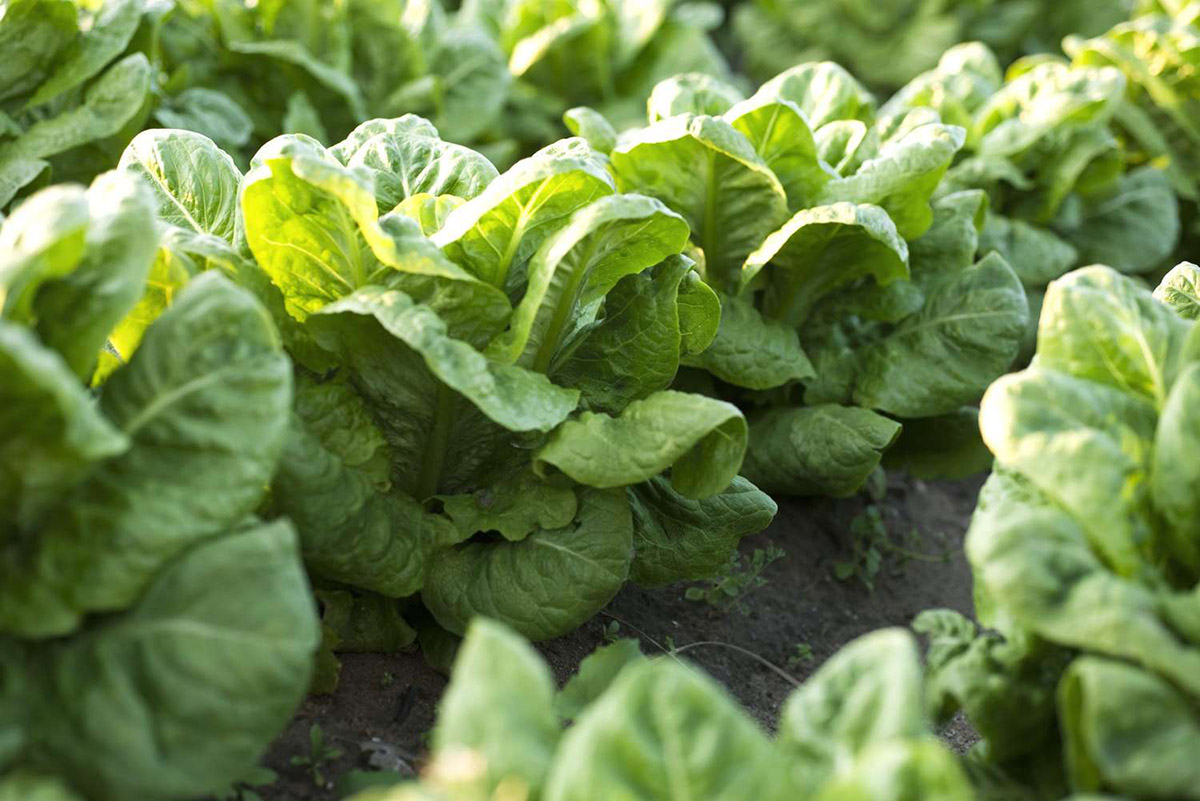
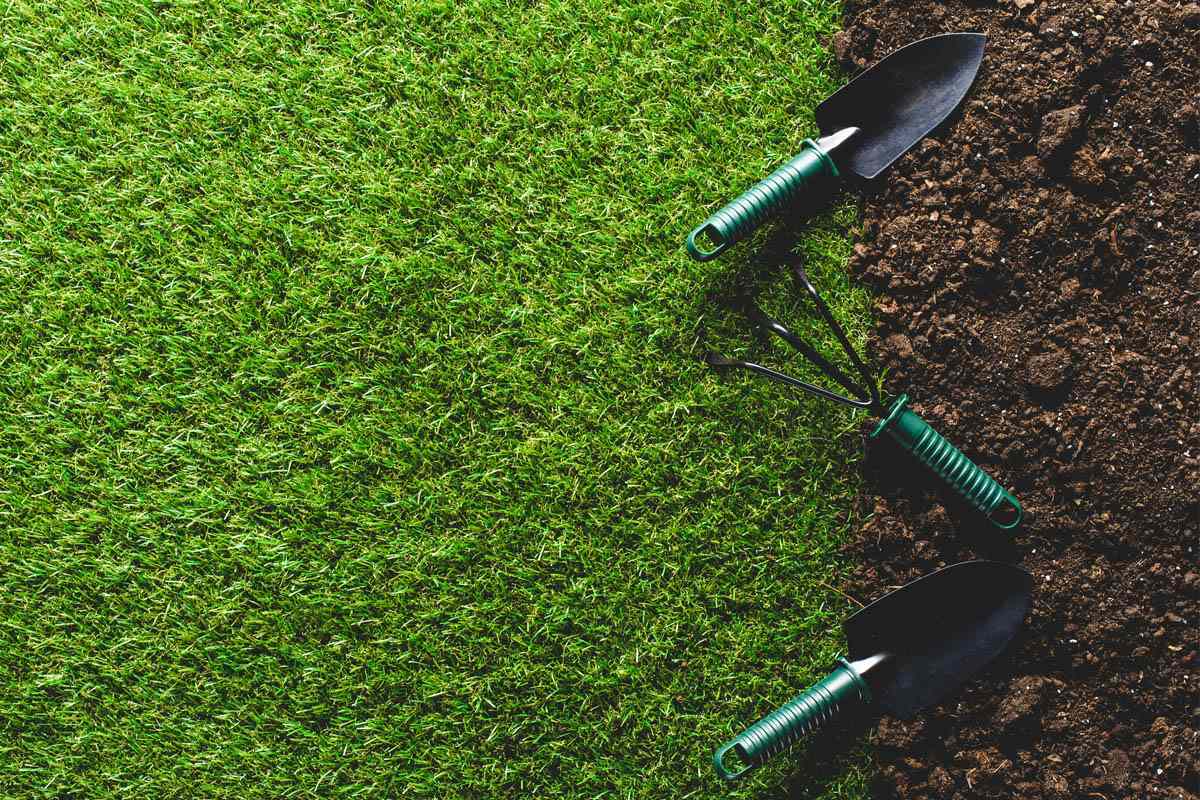
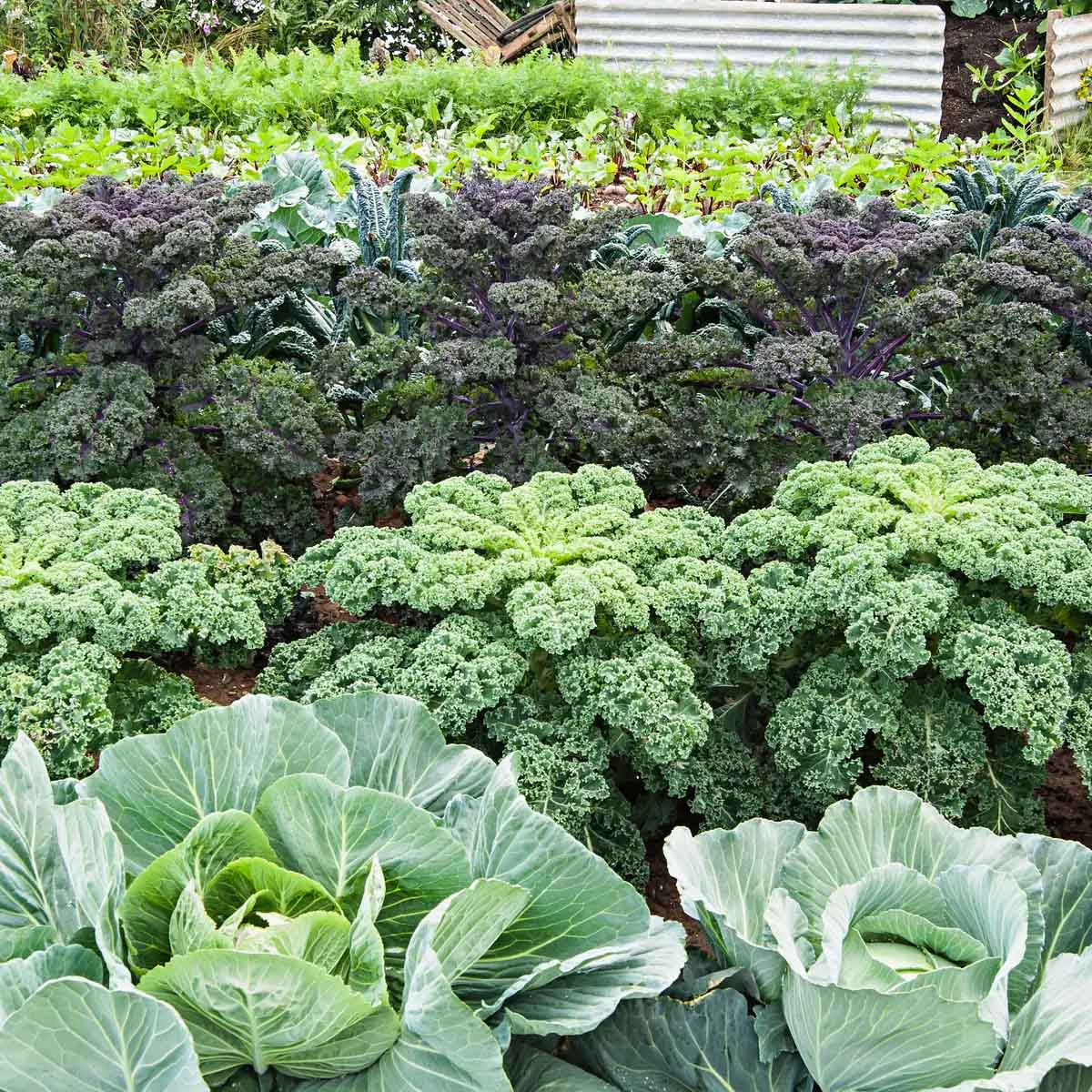
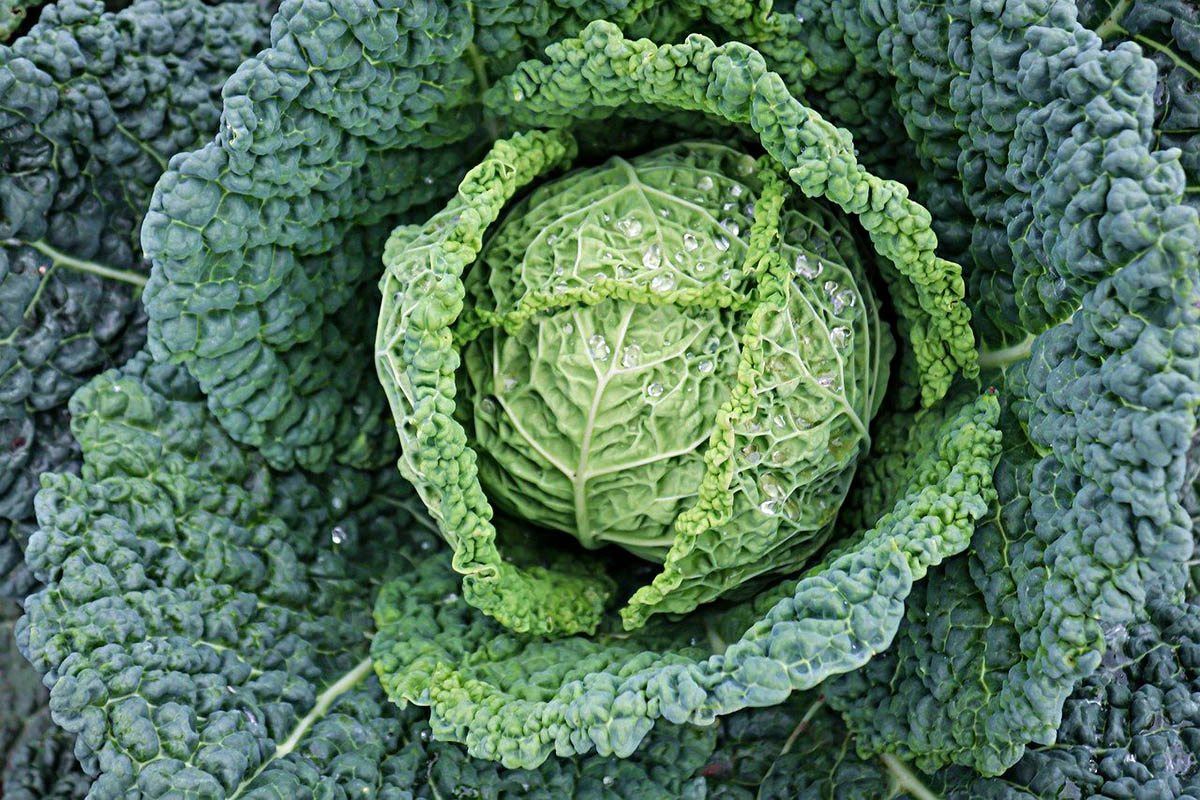

0 thoughts on “How Long Does Squash Take To Germinate”